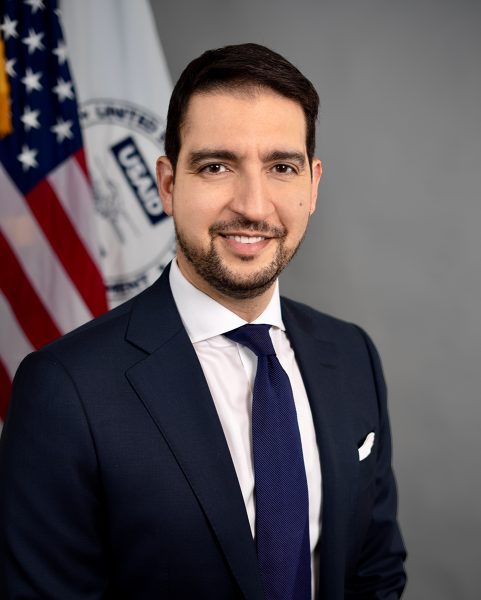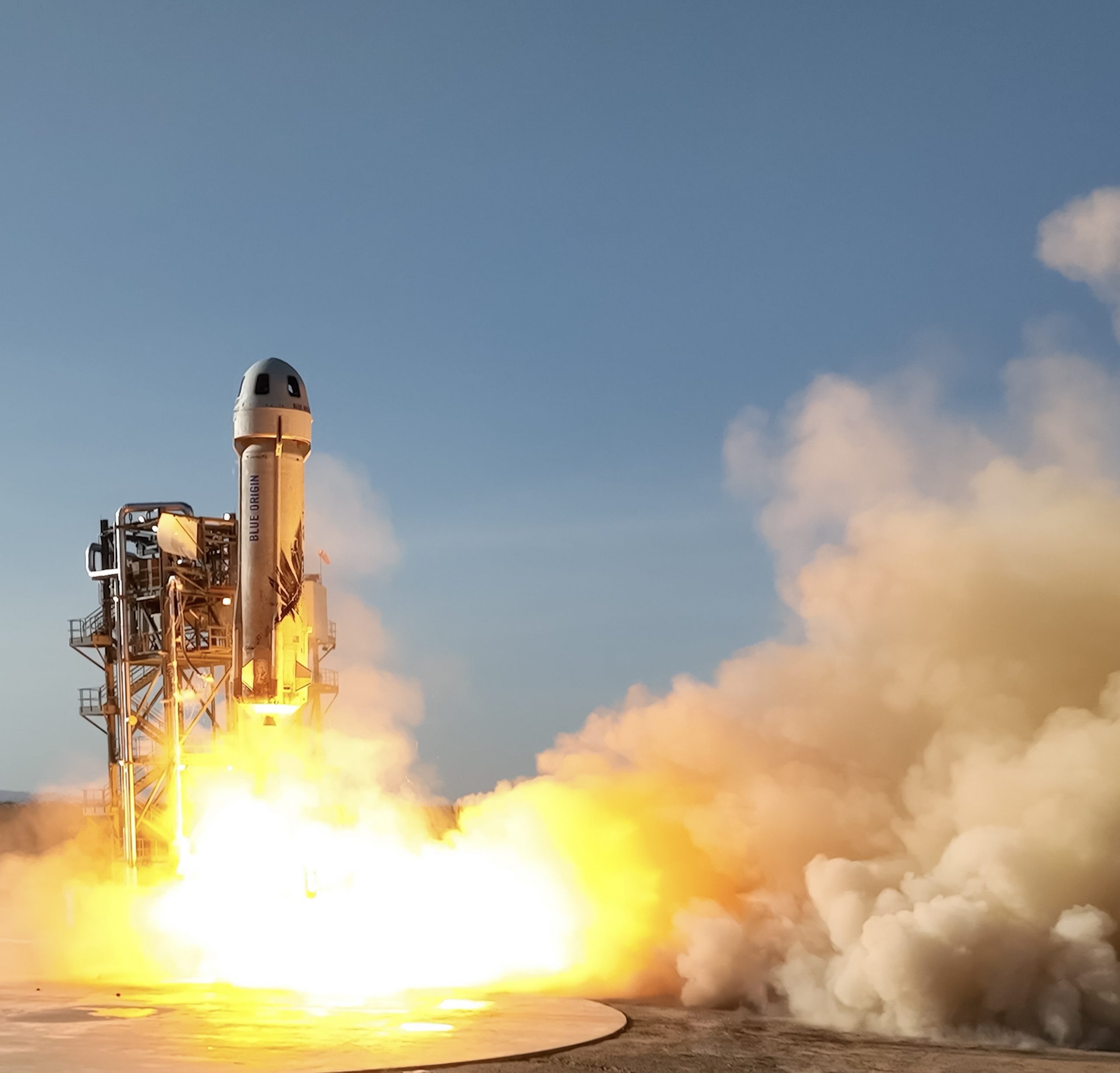
You might think the chief innovation officer and executive director of the Innovation, Technology and Research Hub at the multi-billion-dollar U.S. Agency for International Development would want to bend your ear about cyberspace and technology. But Mohamed Abdel-Kader is just as happy to talk about bicycles.
He says his job is as much about finding solutions that work as it is about leaping toward the latest tech.
“Much of innovation is about having a healthy relationship with risk,” he says.
His USAID team recently helped bring down the cost of delivering affordable eyeglasses. Uncorrected vision results in $200 billion annually in lost productivity worldwide, with people sometimes dismissed as blind when all they need is a good pair of glasses. Through a grant from USAID’s Development Innovation Ventures, a partner called Vision Spring was able to dramatically reduce the cost of eyeglasses from $18 per unit to $6 per unit. To date, it’s helped more than 7 million people.
There’s also high-tech innovation. Diia is a USAID-supported mobile app built to connect 19 million Ukrainian citizens with more than 120 government services. The original idea was to reduce waste. Now it’s being used as a wartime tool to rapidly connect citizens with the government, getting help quickly where it is needed.
Though Abdel-Kader likely couldn’t have imagined this kind of work in his future when he arrived at Vanderbilt in 2002, he says he’s always been interested in social justice.
“Being at USAID has allowed me to work more broadly to better people’s lives by applying different tools to try to solve some pretty complex challenges,” he says.
Originally a political science major on track for law school, Abdel-Kader’s mentors at Clemson University, his undergraduate alma mater, steered him toward higher education leadership.
“I started to think about the role of the university as a catalyst for economic development and social transformation,” he says.
Vanderbilt’s program in Higher Education Administration and Institutional Advancement was the logical next step. But he discovered something else in Nashville. As the country was dealing with anti-Muslim backlash after terrorist attacks on Sept. 11, 2001, Abdel-Kader found himself more active in public affairs, specifically leading the Muslim Student Association.
“Being alive at that particular time was a really interesting experience,” Abdel-Kader says. “It was a challenging time. … You had to remind folks that you were just as American as they were. It’s where I found my voice.”
Born in New York City, Abdel-Kader speaks Arabic fluently thanks to his Egyptian-born parents. After Vanderbilt, he focused on building international programs in higher education. As chief innovation officer at USAID, he’s overseeing projects from trying to find solutions for wildfires to cybersecurity programs protecting civil society globally to programs building research capacity in low and middle income countries.
He says what he enjoys most about his job is that it involves solving real problems creatively while making the most of U.S. aid.
“We have to be smart,” he says, “and leverage our opportunity to tackle some really difficult problems.”
— John Carpenter

